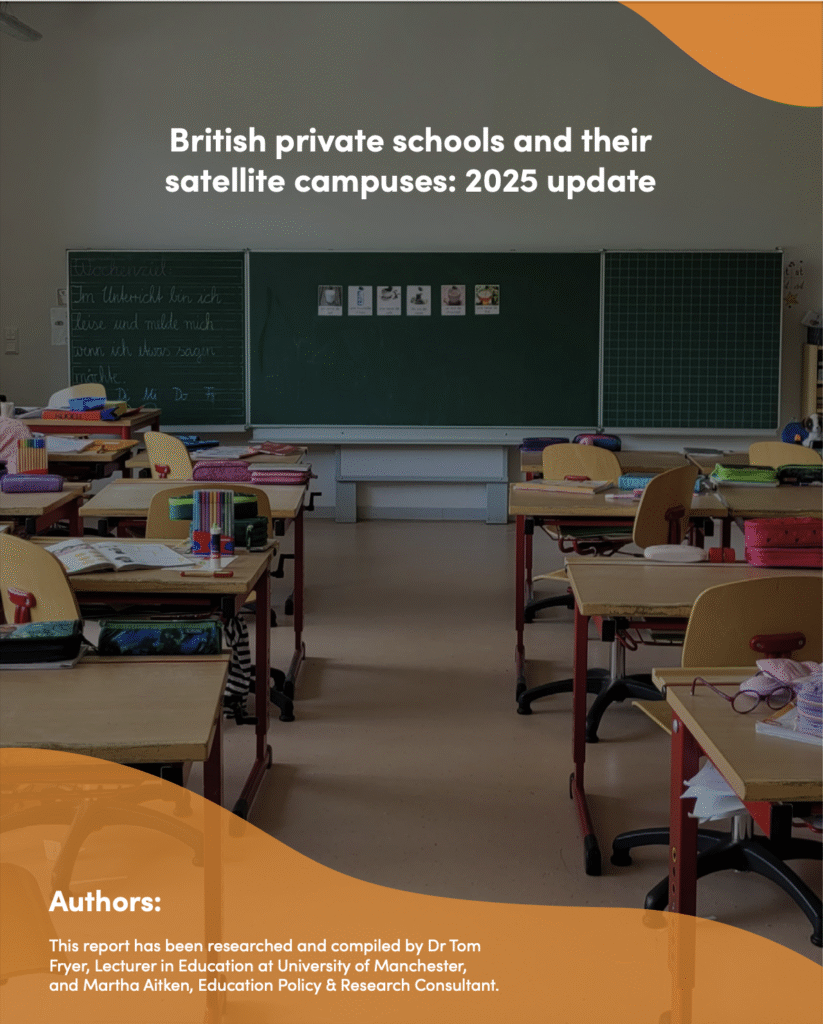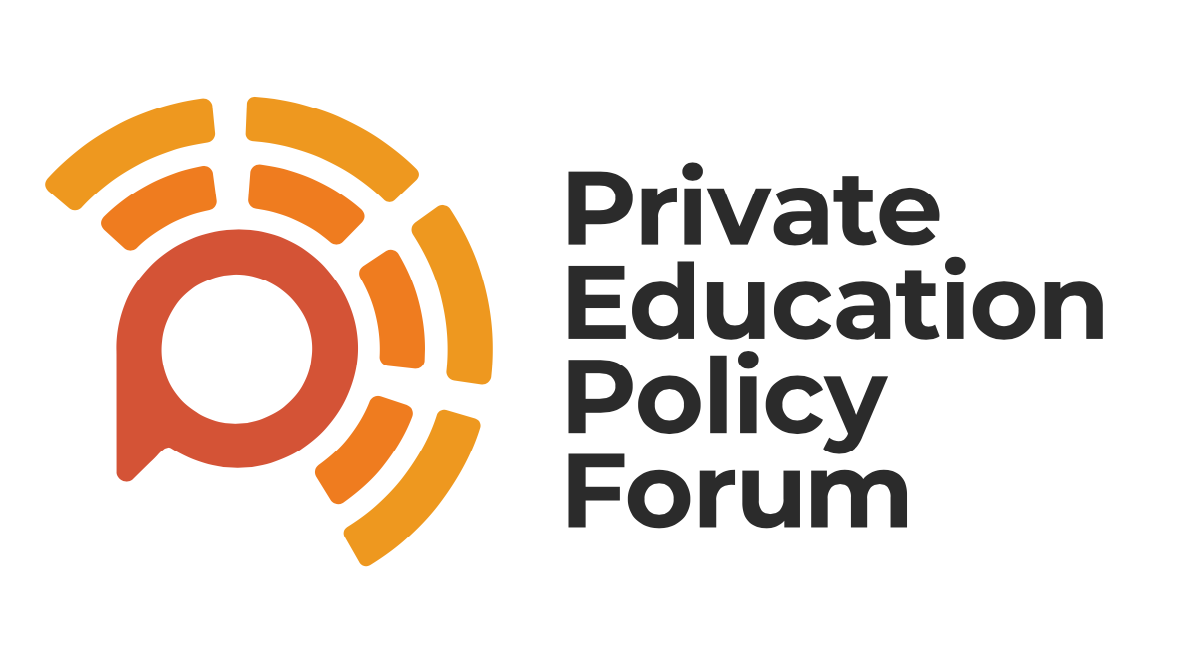What’s it about?
Many private schools open new schools in other countries – overseas ‘campuses’ or ‘satellite schools’ – as a business venture. Some of the profit at these overseas private schools is funnelled back to the UK ‘parent’ private school. In return, the overseas school can use the school’s brand and get support.
Researchers at University of Manchester produced a study last year, and updated their findings again this year to see what has changed.
Our findings were published exclusively in The i newspaper:
Key findings:
Profits and Tax
- Over a twelve-year period from 2011-12 to 2022-23, 48 British private schools generated £152.4 million in profit from overseas satellite campuses.
- These profits have risen substantially over time, with an 18-fold increase from £1.6 million in 2011-12 to £29.0 million in 2022-23. British private schools with charitable status do not pay corporation tax on these overseas profits.
- If corporation tax had been applied, it would have amounted to approximately £28.9 million over the twelve years, including £5.5 million in 2022-23 alone. For context, £28.9 million could have paid for around 12 million free school meals.
Eleven British private schools dominate profits from these ventures.
- These schools each generated more than £1 million in profit in either 2021-22 or 2022-23.
- In 2022-23, the profits were as follows: Brighton College (£2.2 million), Cranleigh School (£1.2 million), Dulwich College (£2.0 million), Harrow School (£5.3 million), King’s College School, Wimbledon (£2.3 million), Malvern College (£1.6 million), Marlborough College (£1.1 million), North London Collegiate School (£1.3 million), Repton School (£1.7 million), Wellington College (£3.2 million), and Wycombe Abbey School (£0.9 million).
- Together, these eleven schools earned £22.8 million, representing 78.7% of the total profit in 2022-23 from overseas satellite campuses.
These profits represent a notable portion of the schools’ income.
- In 2022-23, profits for these schools represented an average of 5.5% of their gross fee income, with a range from 9.6% at Harrow School to 3.2% at Wycombe Abbey School.
- Corporation tax on the profits from these eleven schools would have amounted to £4.3 million in 2022-23: Harrow School (£1,000,000), Wellington College (£606,000), King’s College School, Wimbledon (£443,000), Brighton College (£424,000), Dulwich College (£337,000), Repton School (£329,000), Malvern College (£301,000), North London Collegiate School (£249,000), Cranleigh School (£229,000), Marlborough College (£213,000), and Wycombe Abbey School (£169,000).
The researchers investigated the profits of these 11 British private schools, compared with their spending on means-tested bursaries.
- In 2022-23, four of the eleven schools earned more from their overseas campuses than they spent on bursaries.
- These were King’s College School, Wimbledon; Malvern College; Harrow School; and Cranleigh School. (Note: Charitable status enables British private schools to transfer satellite campus profits as Gift Aid donations from subsidiary companies, thereby avoiding corporation tax on these profits.)
Campus Numbers and Locations
While the latest financial data pertains to 2022-23, this report also tracks the number of satellite campuses open in the 2024-25 academic year.
- In 2024-25, 50 British private schools operated 151 satellite campuses. These were primarily located in China and Hong Kong (50%), other Asian locations (23%), the Middle East (21%), and other regions (5%). This marked an increase of 25 campuses since 2021-22, when there were 126.
- New campus openings included: Adcote School (China), Ardingly College (China and Kazakhstan), Badminton School (South Korea), Benenden School (China), Brighton College (Vietnam), Charterhouse (Nigeria), Concord College (China and Malaysia), Cranleigh School (China), Ellesmere College (Oman), Haileybury School (Malta and Bangladesh), Harrow School (India and China), King’s School, Canterbury (Cambodia), Malvern College (Japan), Repton School (Egypt), Royal Grammar School, Guildford (Oman), Rugby School (Japan), Sedbergh School (Vietnam), St Peter’s School, York (China), Uppingham School (Egypt), and Wellington College (India and Indonesia).
- There are concrete plans to open at least another 28 campuses in the near future, which would bring the number of British private schools with overseas campuses to 53. At least three more schools plan to add satellite campuses: Gordonstoun School, Sherborne School for Girls, and Whitgift School.
Overall, this report documents how a relatively small number of affluent private schools have significantly expanded their overseas presence through satellite campuses over the last decade.
These ventures have largely avoided corporation tax for schools with charitable status.
Many schools have explicitly positioned these enterprises as a way to generate revenue in anticipation of possible tax reforms, such as the imposition of VAT on school fees or removal of other tax benefits.
Full report:




